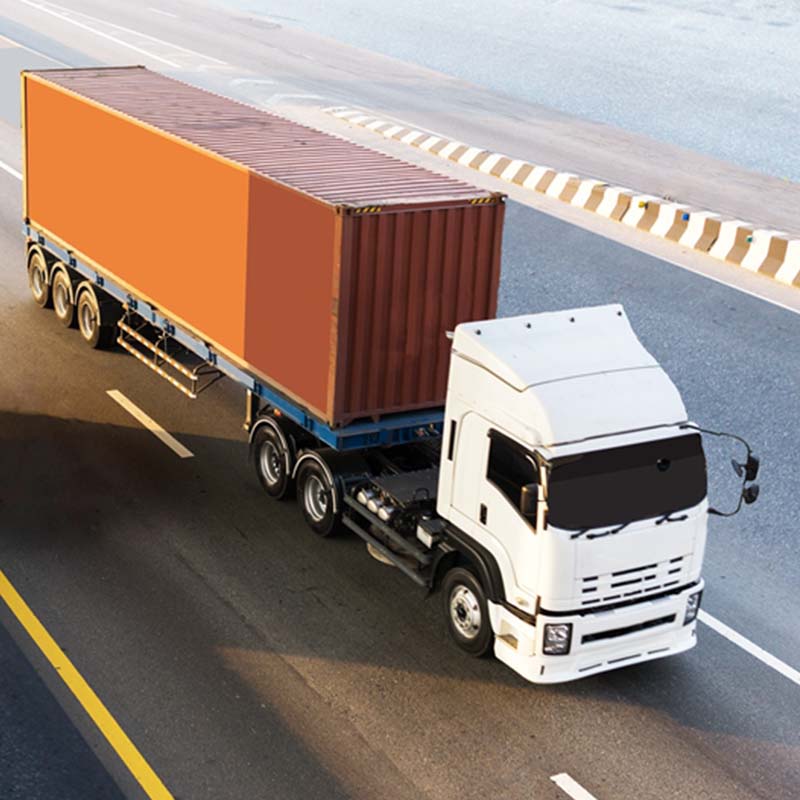International Land Transport
International Land Transport involves the movement of goods and passengers across countries and regions using road-based transport. This mode of transportation includes the use of trucks, trains, and other land vehicles to facilitate efficient logistics operations between different nations. Often integrated with other transportation methods like shipping and air freight, international land transport provides comprehensive door-to-door solutions. It is essential for handling various types of cargo, from raw materials to finished products, and plays a crucial role in optimizing transit times, reducing costs, and offering flexible logistics options in the global supply chain.
Key Features
1.Cross-Border Connectivity: Facilitates the movement of goods and passengers across international borders, connecting different countries and regions efficiently.
2.Flexible Transport Options: Utilizes a variety of land-based vehicles, including trucks, trains, and freight vans, to meet diverse logistical needs.
3.Integrated Logistics: Often combined with sea and air transport to provide comprehensive door-to-door service, ensuring seamless supply chain operations.
4.Cost-Effective Solutions: Offers competitive rates compared to other transportation methods, especially for long-distance and bulk shipments.
5.Customs Support: Provides assistance with customs clearance and compliance, ensuring that shipments adhere to international regulations and avoid delays.
6.Real-Time Tracking: Many services offer real-time tracking and monitoring of shipments, enhancing visibility and control over the transportation process.
Applications
Global Supply Chains: Essential for transporting raw materials, components, and finished products between manufacturers, distributors, and retailers across borders.
Cross-Border Trade: Facilitates the import and export of goods between countries, supporting international trade and commerce.
E-commerce Fulfillment: Ideal for delivering goods purchased online from international sellers to customers, providing efficient door-to-door service.
Industrial Projects: Used to transport large equipment, machinery, and construction materials to and from international job sites and projects.
Event Logistics: Supports the movement of equipment, displays, and other materials for international events, exhibitions, and conferences.
Automotive Industry: Transports vehicles, automotive parts, and assembly components between manufacturing plants and markets globally.

Advantages of Using International Land Transport
1.Cost Efficiency: Often more economical than air transport for long-distance and bulk shipments, offering competitive rates and cost-effective solutions.
2.Flexibility: Provides a range of transport options and routes, accommodating various types of cargo and logistical needs.
3.Door-to-Door Service: Facilitates seamless, direct delivery from the origin to the destination, minimizing the need for additional handling and transfers.
4.Integrated Logistics: Easily integrates with other transportation modes (e.g., sea and air), ensuring comprehensive and efficient supply chain management.
5.Customs Support: Assists with customs clearance and regulatory compliance, reducing the risk of delays and ensuring smooth cross-border operations.
6.Real-Time Tracking: Many services offer real-time tracking, allowing for better visibility, monitoring, and control over the shipment process.
7.Large Capacity: Capable of handling large volumes and heavy cargo, making it suitable for various industries and large-scale shipments.
Previous: International Air Cargo
Next: Maritime International